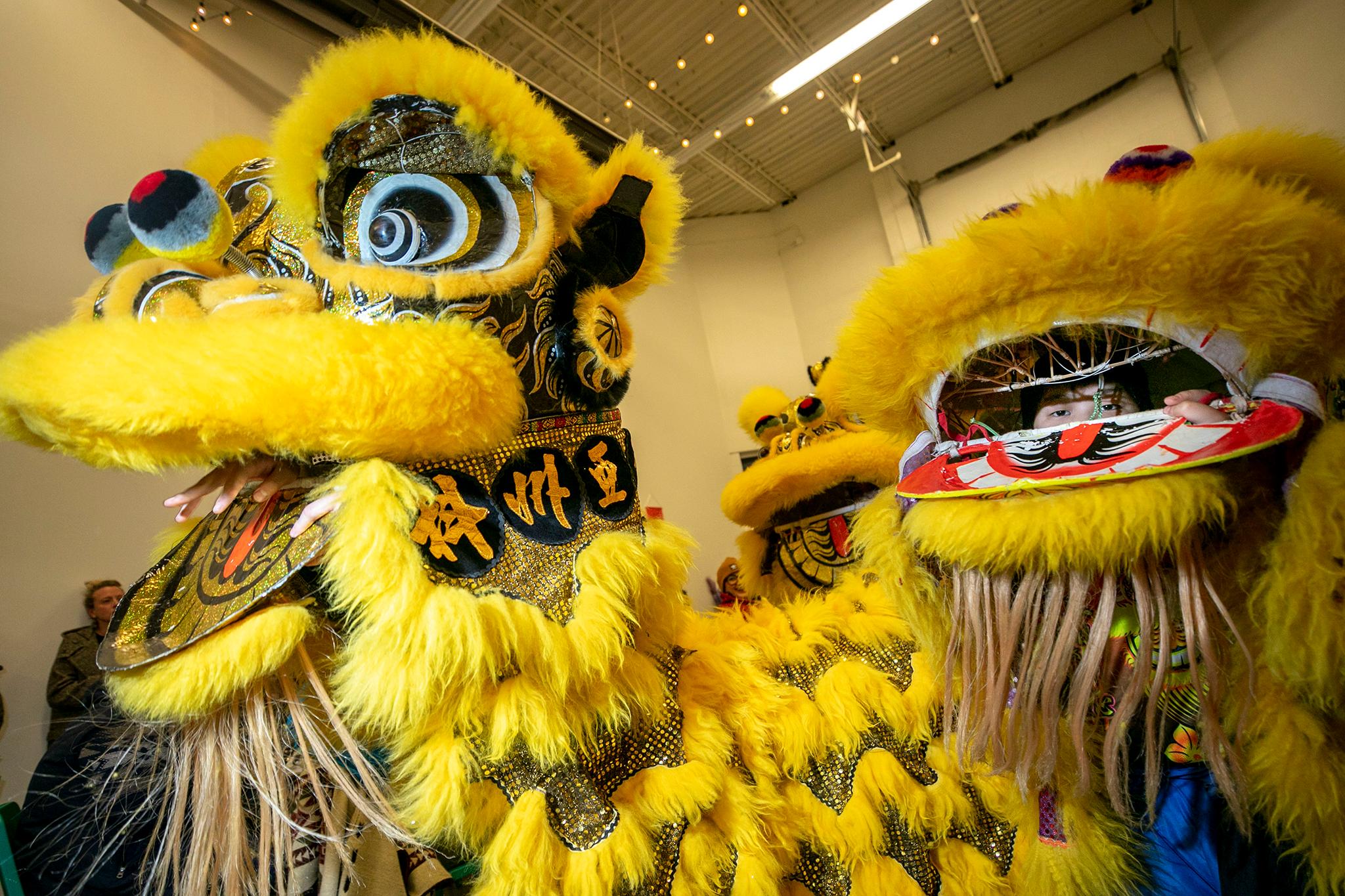Devlen Mark had a profound experience the first time he stuck his head inside a lion suit.
"The first time I went into the lion, I was like: This is who I am. I am Chinese," he said. "It felt good. It felt like I was myself for once."
The 17-year-old said his parents, ethnic Chinese immigrants from Malaysia and Indonesia, were always laser-focused on "the American dream." Growing up in Thornton, he was also surrounded by a populace that mostly didn't look like him. So when he found his way to the Colorado Asian Cultural Heritage Center, he discovered a part of himself that had been suppressed, then reveled in its release.
"I think for the longest time, I kind of rejected my culture," he said on Saturday, preparing to slip back into the lion. "I always wanted to be someone else. But just being able to accept who I am and what I'm about and that I am Chinese, these values do align with what I believe in. It was nice."
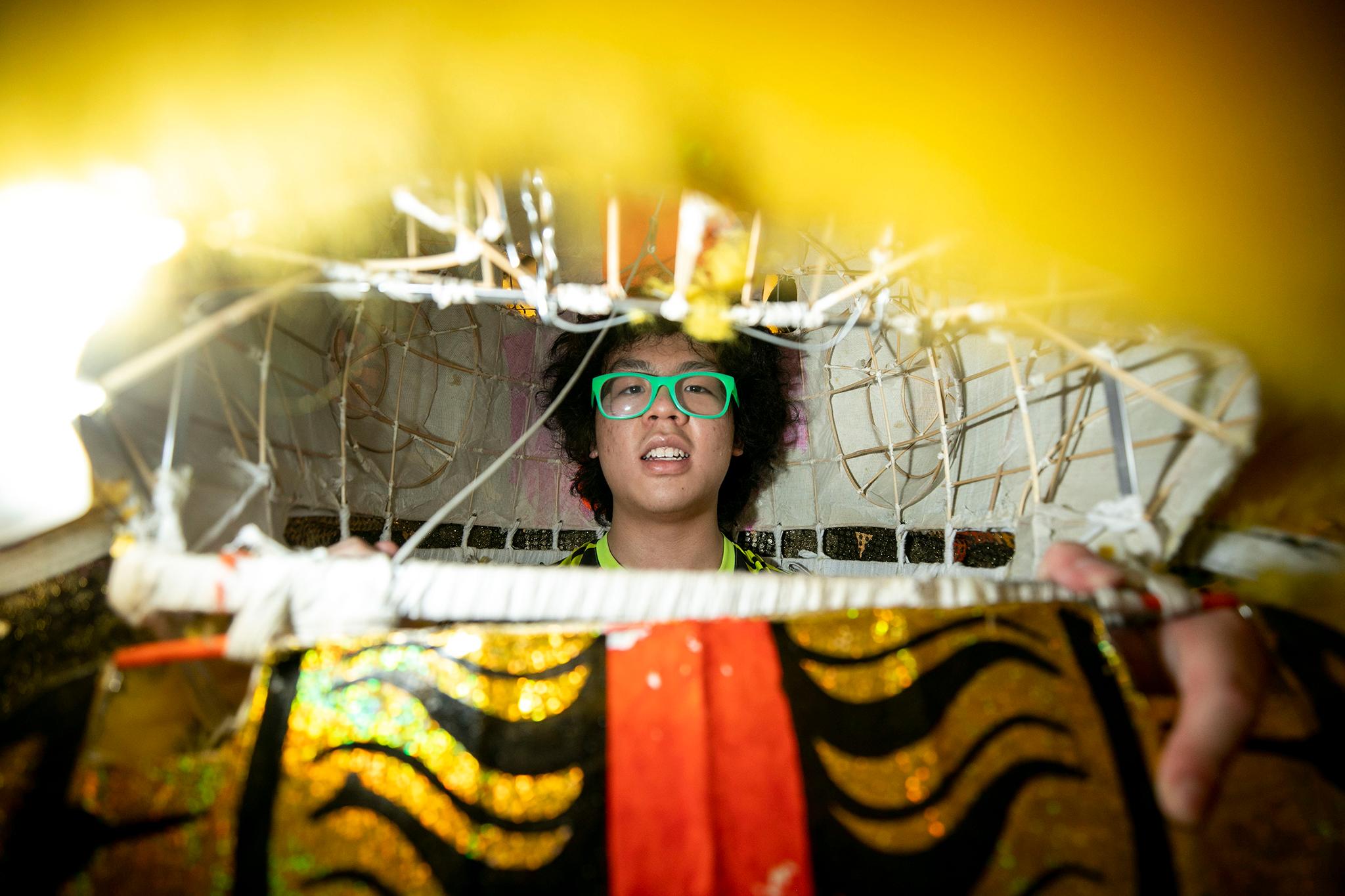
This is exactly why Phong Vo started recruiting dancers 16 years ago. While Denverites have probably seen his troupe parading through restaurants or streaming through festivals beneath long, colorful dragons, this outward expression of tradition is rooted in internal acceptance and cultural memory.
"It's to preserve the culture, to perform one of the old arts, 1,000 years old," Vo said as he prepped for a day of performances. "There are a lot of young kids that don't think about this, or they don't know about this. So this is the reason why we formed the Colorado Asian Cultural Heritage Center."
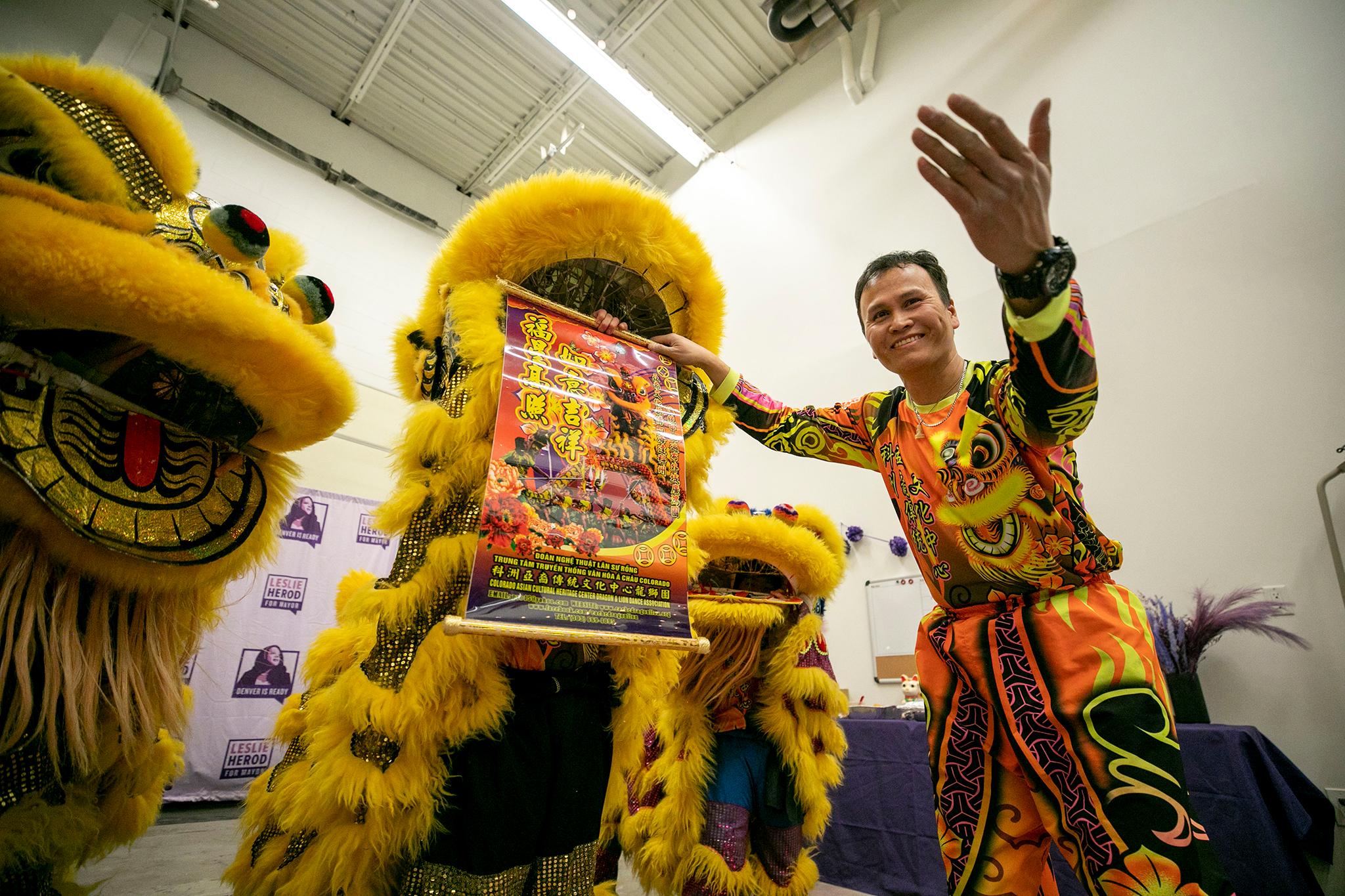
Like a lot of first-generation Americans, members of Vo's troupe feel an urgency to keep traditions and their communities close.
Vo's nieces, Mi Vo and Dao Than, have been dancing with him since he founded the Cultural Heritage Center. They were delighted to join, but they didn't realize until they were older how much the practice would mean to them.
Their parents, and Vo, immigrated to the U.S. from Vietnam. Maintaining a connection their country was important to them, especially as their girls grew up without the cultural trappings they left behind. Than and Mi spoke Vietnamese in the house when they were kids; the lion dancing also helped instill them with a sense of where they came from.
"When you're younger, it's a fun thing to do with your sister and your cousin and your uncle, and fun to go out on performances. But as I got older, I actually learned how much this is rooted in culture and tradition," Than said. "There are different styles to lion dance, and my uncle is very proud that we are traditionally rooted. He always tells us during practice: The moves, the dances, the music has been this way for thousands of years."
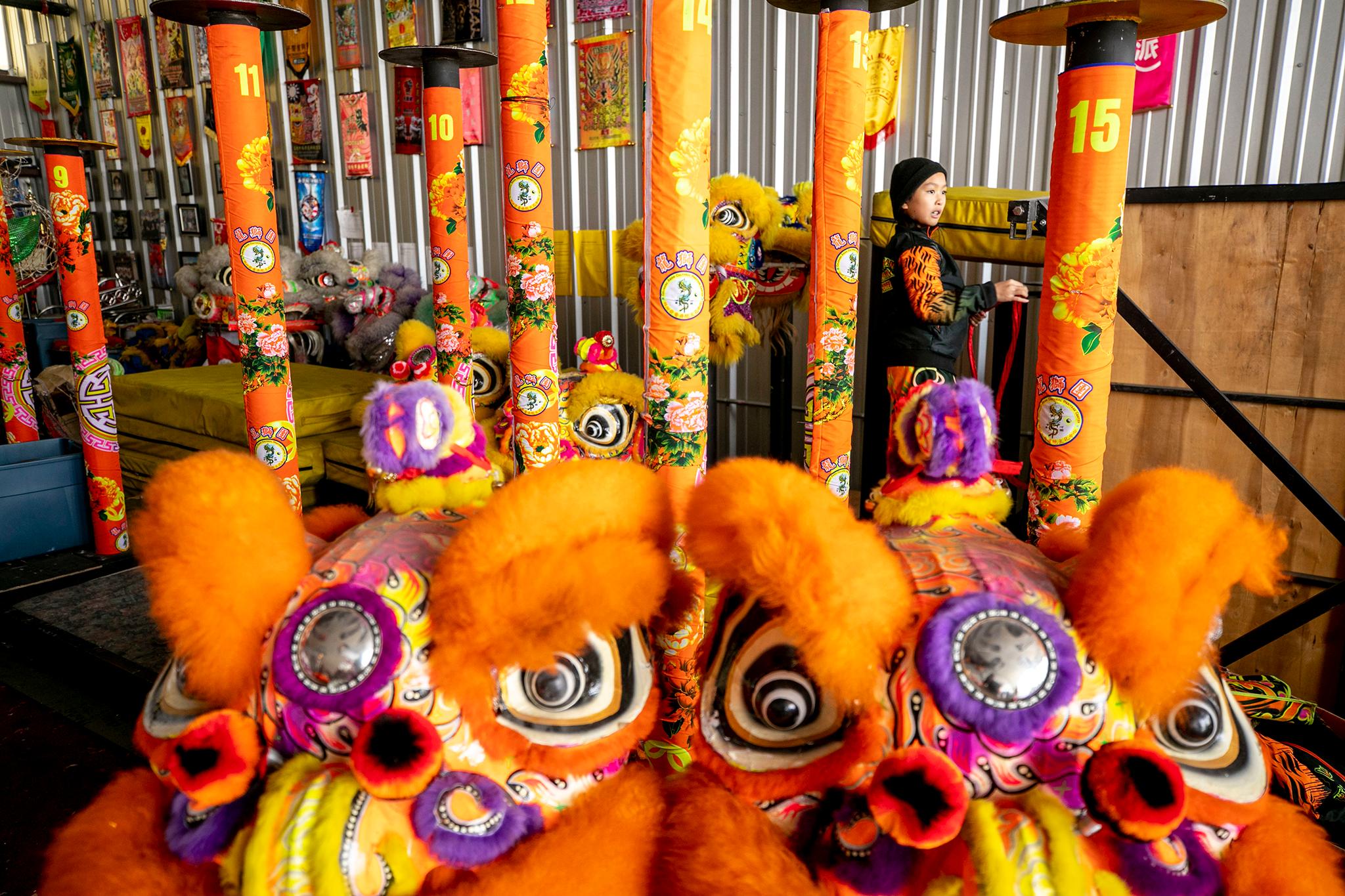
Mi said her parents passed their emphasis on cultural memory to her. She and her husband are planning to start a family, and she has already begun to think about how she might instill that same appreciation in her children. Each new generation will push her family further from her roots in Vietnam, so she has a sense of urgency about this.
"When we think about what we want our kids to know about our culture, there definitely is some sort of pressure," she said. "As we've grown up, we've noticed that more and more people our age and in younger generations are losing touch a little bit. We are trying to implement similar values with our kids in the future."
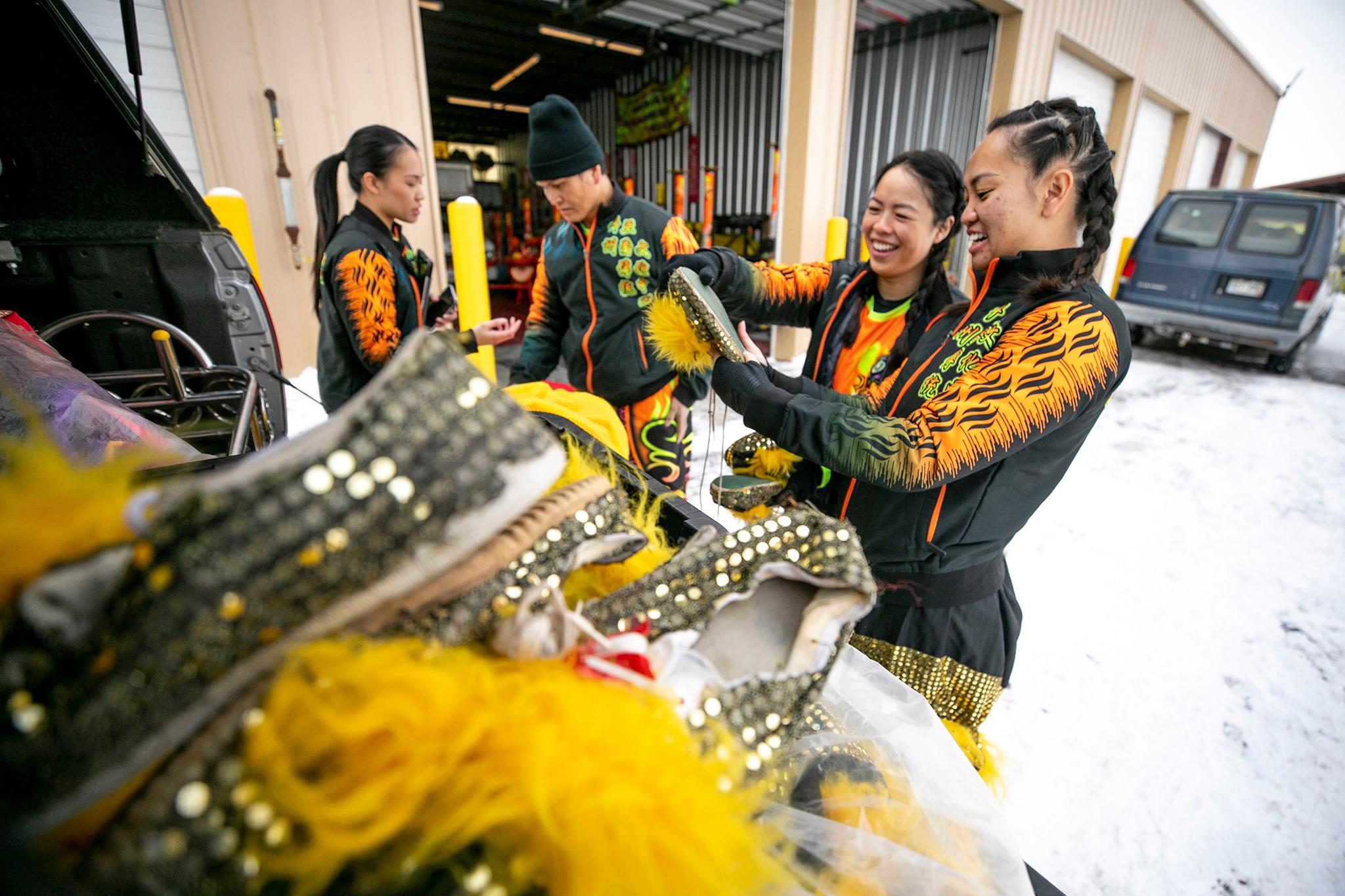
But Vo said his Cultural Heritage Center has a dual purpose in this regard. As the organization has grown, he's been vigilant to make sure it's inclusive. Anyone can join, and he's proud to have Hmong, Lao and Japanese cultures represented, too. Than said she's been glad to see how they've found common ground in their distinct, yet related traditions.
"You get all of these stories of how it is rooted together and how we connect together," she said. "That's been really nice."
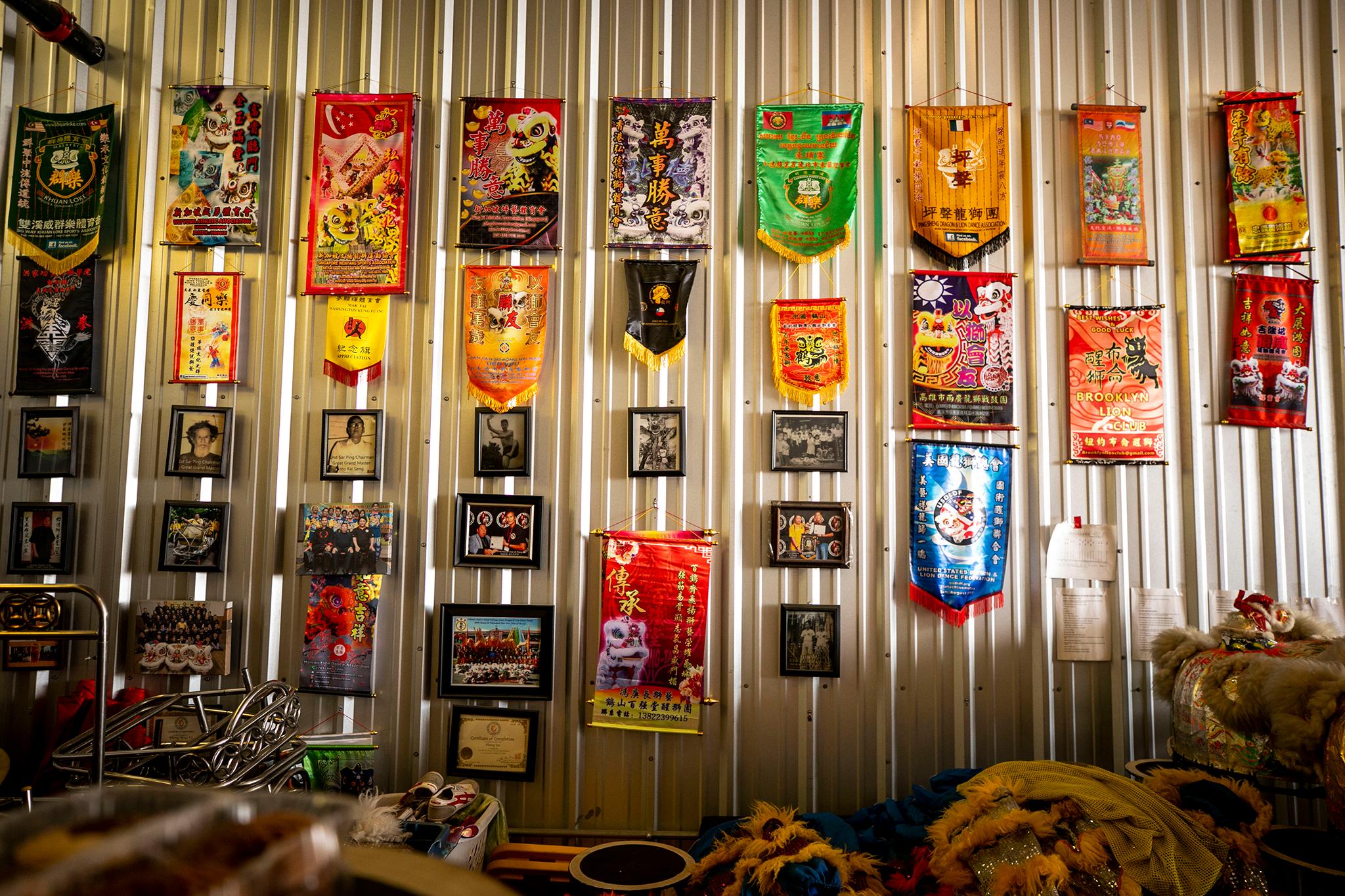
Sharing this culture with everyone else is secondary, though the dancers are booked solid this time of year.
Lunar New Year began on Sunday. For many who celebrate, the biggest holiday across southeast Asian countries ushers in the Year of the Rabbit. This time, it's also the Year of the Cat for Vietnamese observers, the one step in the cycle where zodiacs diverge.
Vo said his lion dancers are slated to perform at more than 20 events in the next few weeks, and not just the big festivals where Denverites are used to seeing them. On Saturday, they performed for students at the University of Northern Colorado, an event thrown by a Denver mayoral candidate and a house party in Aurora. This is the busy season, but you can find them around the metro all year long.
"We have weddings, grand openings, parades, you name it," Vo said. "We have school festivals, dragon boat festival, we do it all."
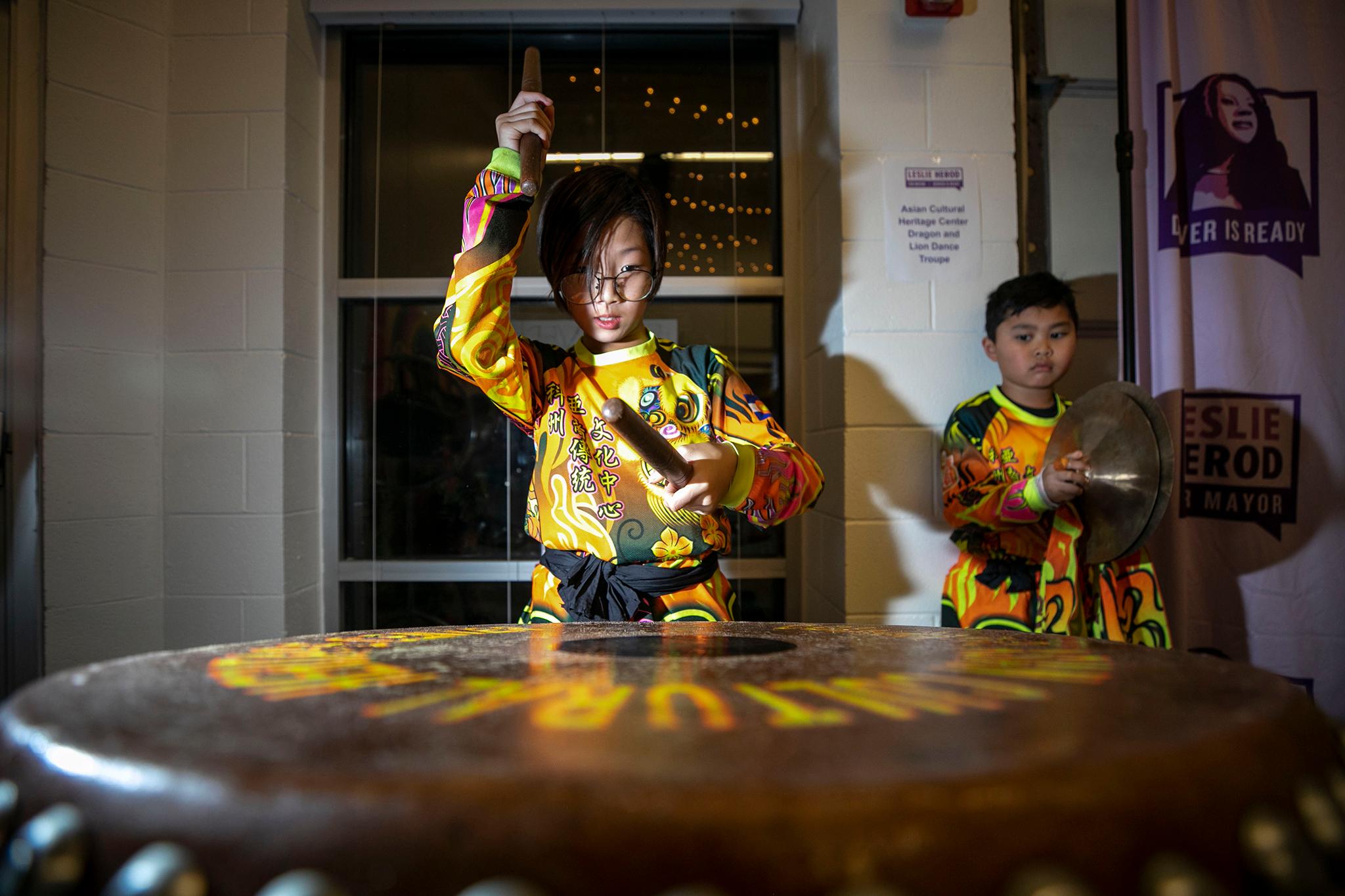
Beyond passing a historic torch to the young kids who've joined the troupe, Mi said their youthful spirit helps her uncle keep up with all this demand.
"They have lots of energy to share," she said.
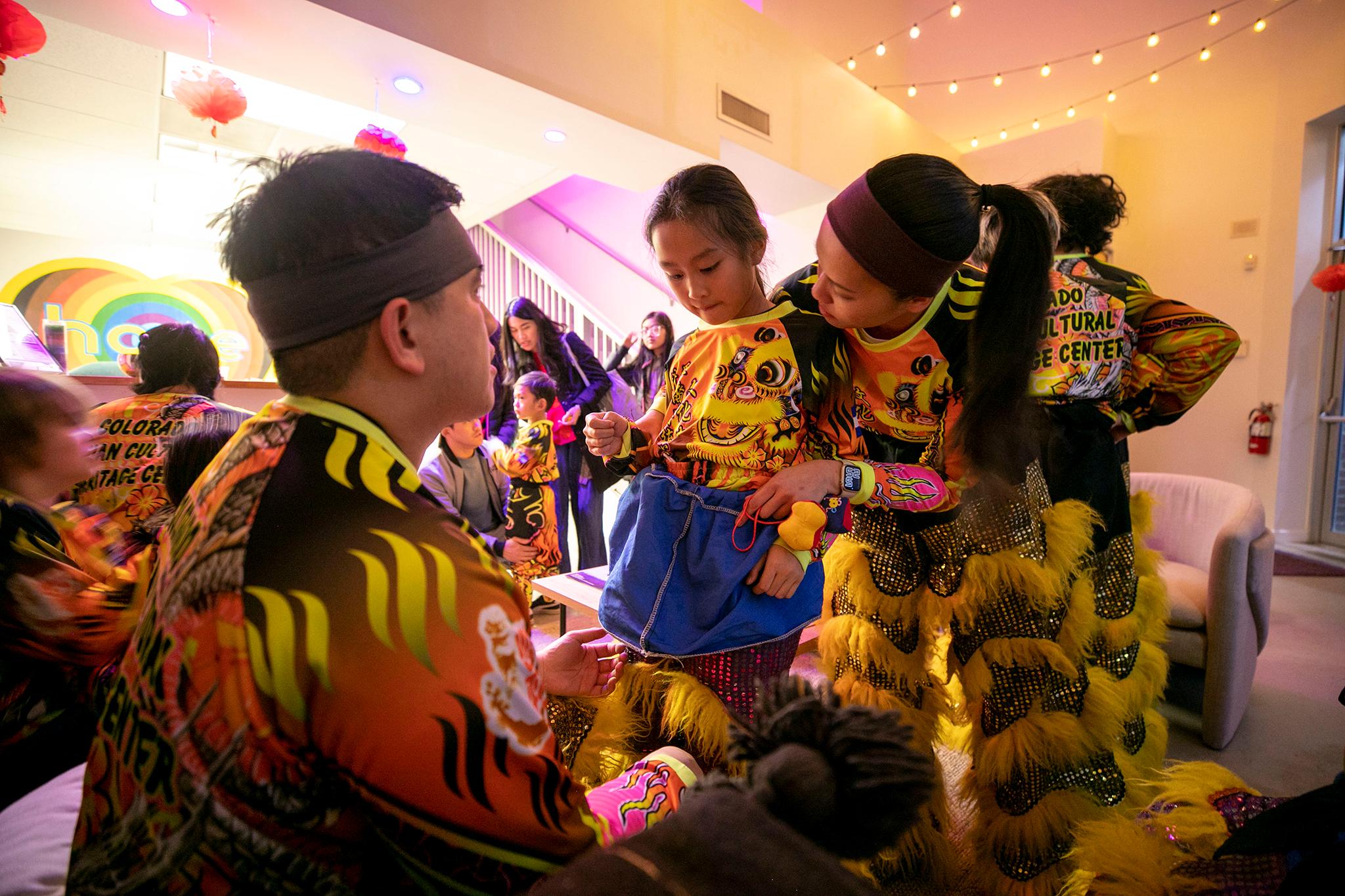
And while some may not be old enough to quite appreciate the gift Vo is giving them, she said their time will come, too.
"Its good for us to come back and see that, at a young age, they're able to learn about the importance of community, volunteer work and staying connected with our roots," she told us.
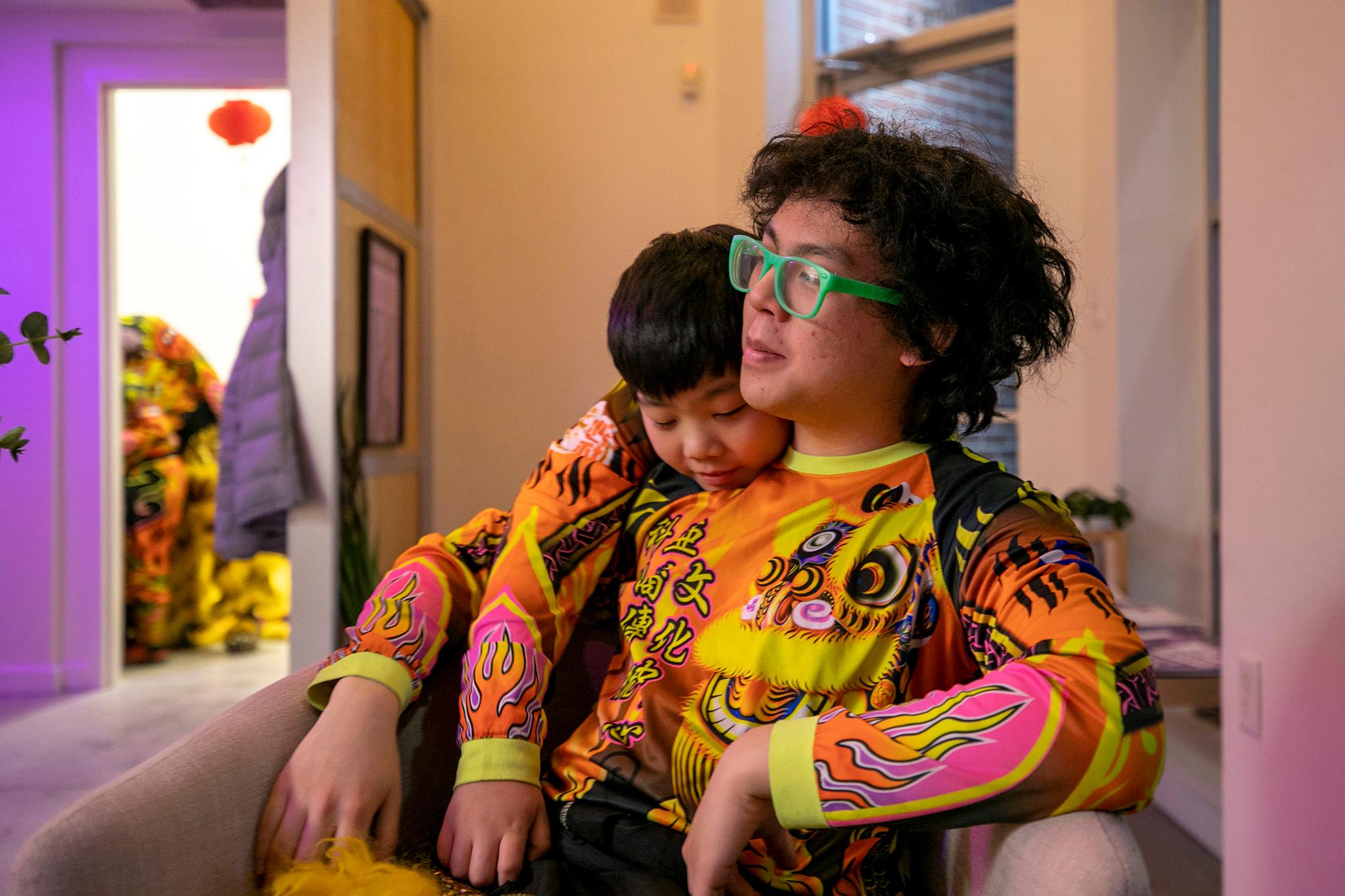
Devlen Mark said he's watched as his little brother, Ashlen, has found his own way to those roots.
"It feels really good to be able to learn the culture with him, learn these values with him, work with him and see him grow as a person as well," Mark said, "see him accept his culture and see him grow in confidence in what he's able to do."

